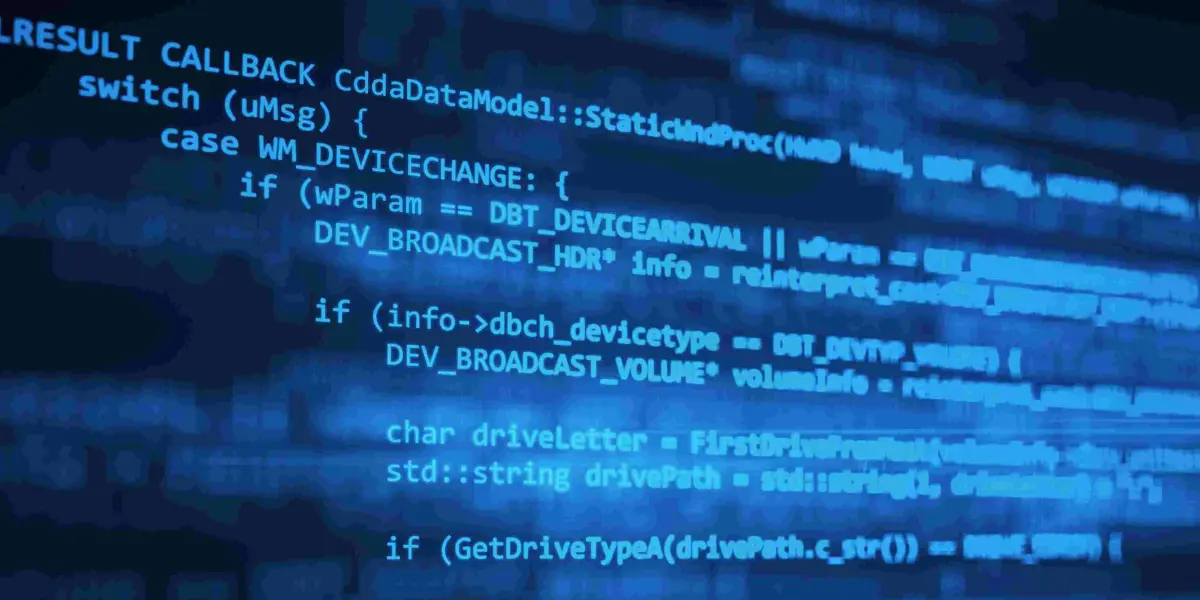Understanding Technology Due Diligence
When it comes to Technology Due Diligence, the stakes are high. Whether you’re investing in a startup, acquiring a new Tech company, or merging with another business, it’s critical to perform a thorough assessment of the technology assets involved in the deal, to ensure that any security or IP risks are well identified and under control. This is where Technology Due Diligence comes in.
Technology Due Diligence involves the evaluation of the IT infrastructure of a company, to identify any potential risks or opportunities. It typically includes a review of hardware, software, and data assets, as well as an assessment of the technical team’s capabilities.
The Role of Source Code Scanning in Technology Due Diligence
The role of source code analysis in Technology Due Diligence cannot be over stated. It’s an essential part of the overall assessment process and can provide valuable insights into the software’s quality, maintainability, scalability and security.
Get a better view of the source code vulnerabilities
Source code scanning is a thorough process that involves examining the actual source code of an application line by line. The review will cover an analysis of the programming languages used, the code’s structure, and any dependencies or third-party libraries that are utilised.
By ensuring that the chosen provider includes a full scan of the source code in its Technology Due Diligence process, potential investors or acquirers can gain a better understanding of the software’s underlying architecture and design. They can identify any potential technical debt or design flaws that could impact the software’s performance or scalability.
Identify critical cyber security issues
Moreover, source code analysis can also help identify any potential security vulnerabilities in the source code. Cyber security is a significant concern in today’s digital landscape, and it’s critical to ensure that any software assets involved in a deal are secure and resilient. A source code scan can reveal any potential weaknesses in the code that could be exploited by hackers.
Highlight maintainability risks
Another critical benefit of a source code scan is that it can help identify any potential roadblocks or maintenance challenges that could arise in the future. By examining the source code, potential investors or acquirers can gain a better understanding of the software’s maintainability and overall quality. For example, a source code scan, combined to a scan of the Git history can identify risks linked to key developpers or knowledge sharing within the organisation. Such learnings are key for investors who can thus identify any areas that may require significant effort to maintain or enhance and factor that into their investment decision-making process.
Source code scanning must therefore be an essential part of a Technology Due Diligence process. It provides valuable insights into the software’s architecture, design, security, and maintainability, helping potential investors or acquirers make informed investment decisions.
How Vaultinum’s Tech Due Diligence Solution Can Help
At Vaultinum, our Technology Due Diligence solution includes a comprehensive code scan that examines each and every line of the source code of the target company’s software assets.
Our code scan is designed to identify potential vulnerabilities, coding best practice issues, and software quality and maintainability issues. We leverage state-of-the-art tools and techniques to perform an in-depth analysis of the codebase, providing our clients with actionable insights that they can use to make informed investment decisions.
Moreover, our Technology Due Diligence solution also includes a review of the target company’s hardware and software infrastructure, as well as an assessment of the technical team’s capabilities. This holistic approach to Technology Due Diligence ensures that our clients have a complete understanding of the technological assets involved in the deal.
Conclusion
A thorough source code scan should be included in any Technology Due Diligence. It can help identify all risks and opportunities related to a target company’s software assets, providing in-depth insights that can inform investment decisions.
Disclaimer
The opinions, presentations, figures and estimates set forth on the website including in the blog are for informational purposes only and should not be construed as legal advice. For legal advice you should contact a legal professional in your jurisdiction.
The use of any content on this website, including in this blog, for any commercial purposes, including resale, is prohibited, unless permission is first obtained from Vaultinum. Request for permission should state the purpose and the extent of the reproduction. For non-commercial purposes, all material in this publication may be freely quoted or reprinted, but acknowledgement is required, together with a link to this website.

